Travel Offers
Travelmyne Featureprint
Distance
Russia – A Vast and Mysterious Country
Russia, the gigantic mysterious country in the east, accommodates an immeasurable abundance of cultural assets and unspoiled, endless nature.

Geography - Impressive mountains and deep, clear lakes
Although Russia is the greatest country on earth in area, it is one of the most sparsely populated countries with 143 Million inhabitants. Except for the tropics, you find every climate zone in Russia but most parts of the country are characterised by hot summers and very cold winters. Russia borders on five seas – from the Pacific to the Black Sea and the Caspian Sea to the Baltic Sea and the Arctic Ocean. About 40 percent of the country are covered in mountains. The most famous mountain range are the Ural Mountains, which separate Europe from Asia. Lake Baikal is the oldest (25 million years) and deepest (1,637 m) inland water on earth.

Nature - Diversity from the icy steppe to the southern sclerophyll forests
The icy regions and steppes of the tundra, the typical conifer forests in the taiga as well as the impenetrable broadleaf forests and the southern sclerophyll forests – Russia offers a magnificent natural diversity. With about 120,000 rivers and lakes, the country constitutes a well watered habitat. The polar regions are home to polar bears, seals, walruses and mountain hares. Further south, in the vast and partly original Russian jungles, you find rare animals such as wolves, bears, lynxes, reindeer and Siberian tigers. The steppes are populated by lemmings and marmots.
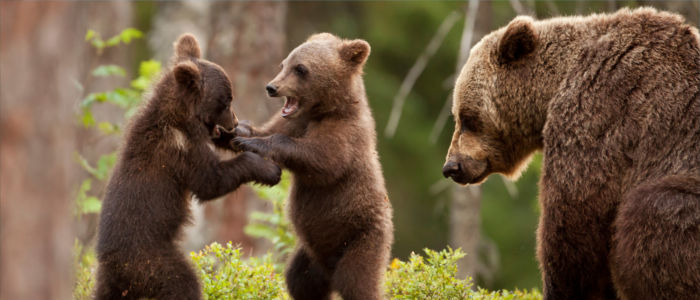
Natural sights - A natural paradise for active recreation
North-east of Moscow you can get to know the thick Russian forests in the Pereslavl Natural Park. One of the park's treasures is the scenic Lake Pleshcheyewo. In Moscow, the Gorky Park is an attraction which is used for relaxing and cultural events. The Altai region is another popular tourist destination. Besides it natural beauty, it offers many opportunities for active recreation. The Kamchatka Peninsula accommodates large parts of the wild, native Russia. About 160 volcanoes, 29 of which are active, run through the harsh landscape like a range. In the Kronotsky Nature Reserve you find the famous Valley of Geysers. Many of Russia's wild animals like bears and wolves live on Kamchatka, while whales and dolphins make circles around the island. The Volga Delta is another extraordinary natural paradise. From the beginning of June to the middle of July, you can observe the "White Nights" in the north (for example in Saint Petersburg), during which it does not become dark.
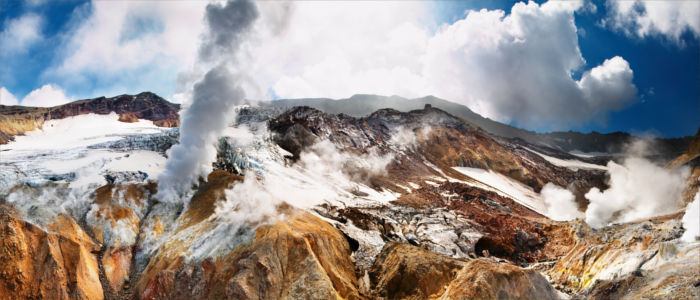
Culture - Various peoples and consciousness of tradition
For a long time, peoples and tribes were scattered all over the territory of Russia until a unified state was formed for the first time in the 8th century with the Kievan Rus'. In the 13th and 14th century the Mongolic people ruled the area, so it stayed isolated. This changed when the tsar Peter the Great opened the country toward the west. The monarchy was ousted by Lenin through the October Revolution in 1917. A socialist workers' state was created, which developed into the Soviet Union in 1922. Following efforts of modernisation, the Soviet Union broke into several states in 1992, one of which is the present-day Russia. Over 100 different peoples live here today. The country's diverse roots characterise the people's mentality which might appear harsh but is actually warm and cordial. Their enjoyment of convivial gatherings and their consciousness of tradition are shown in the many celebrations of the Russians, during which you hear music accompanying the classic dances kozachok and khorovod.
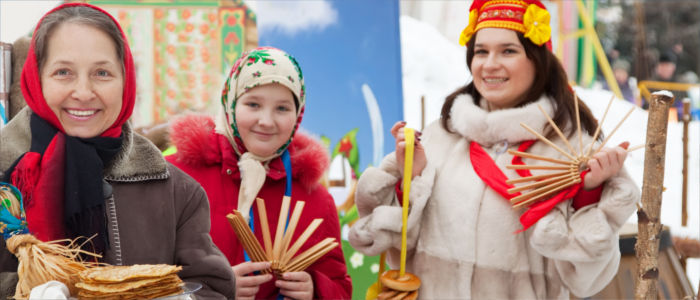
Cultural sights - Impressions from the modern city to traditional wood architecture
As you would expect of a land of extremes, Russia has an outstanding capital with the metropolis Moscow, which draws you in with its vibrant city life. An essential stop on a visit to the capital is the Red Square. It is surrounded by Lenin's Mausoleum, the Moscow Kremlin with its distinctive, oriental colourful bulbous spires and the high class department store GUM. In this way, significant historical testimonies and the daily city life mix in this place. Due to its abundance of cultural treasures, Saint Petersburg is one of the most worthwhile destinations in Russia. The whole city centre is part of the World Cultural Heritage. Among all these magnificent buildings, many of which are churches, the tsar's winter palace - the Eremitage - stands out. It consists of ostentatious buildings from the 18th and 19th century and is one of the greatest art museums on earth with about 60,000 exhibits. You can best experience the city's metropolitan atmosphere on the main street Nevsky Project. The traditional Russian wood architecture is displayed in Tomsk and Irkutsk, for example.

Experience - Enjoying pirozhki, celebrating like the Russians and bringing home matryoshka dolls
The Russians' food is as hearty and strong as their character. Borscht, soup made of vegetables and meat, is one of the national dishes. Dumplings, so-called pirozhki, are popular too. You get get the typical Russian pancake Blin with a hearty or a sweet stuffing. The Russians love their vodka, which you can buy in numerous versions – and drink at many occasions. They drink "chai" tea from the Samovar at special occasions. You find many bars and discos in most cities. Especially Moscow with its exclusive clubs is a mecca for party-goers from all over the world. You best get to know the Russian way of celebrating in company of a local. A first rate attraction for lovers of culture is the famous Bolshoi Theatre in Moscow. The bigger cities also have many theatres, cabarets and circus performances. The colourfully painted matryoshka dolls are very popular souvenirs but wood carvings or caskets with fairy tale illustrations are also good choices.
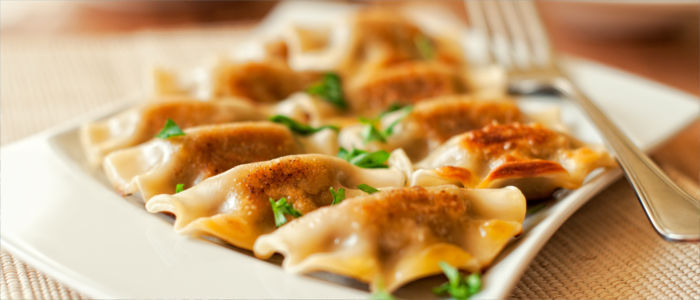
Activities - Active recreation in nature
With its icy cold winters, the country offers perfect conditions for winter sports of any kind. Especially the Ural and the Caucasus Mountains are suited for skiing, snowboarding and other activities. The best-known area is located near Sochi, where the Olympic Winter Games took place recently. The tourist paradise at the Black Sea is ideal for swimming. Russia's unspoiled regions are destinations for those who are looking for an adventure in broad nature – be it by hiking, climbing or cycling. Lake Baikal and the many rivers are particularly suited for canoeing.
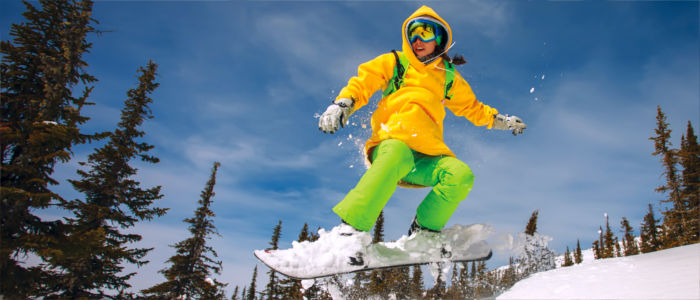
Information
People often arrive by plane at the airports in Moscow or Saint Petersburg. From Europe, you can reach the Russian capital daily and directly by train. If you go by bus, it takes about 34 hours to Saint Petersburg. Within the country you can travel excellently by train, especially if you take the Trans-Sibirian Railway, which runs between Moscow and Vladivostok, a distance of almost 10.000 kilometres. The cities are equipped with a great and cheap network of public transport. It is very useful for communication to know a few Russian words and in remote regions, it is essential.
Russia fascinates with its culture and rich history. Many people visit the country to experience exactly that. In addition, it is a suitable destination for travellers who are in search for adventures in virtually deserted, native landscapes.






